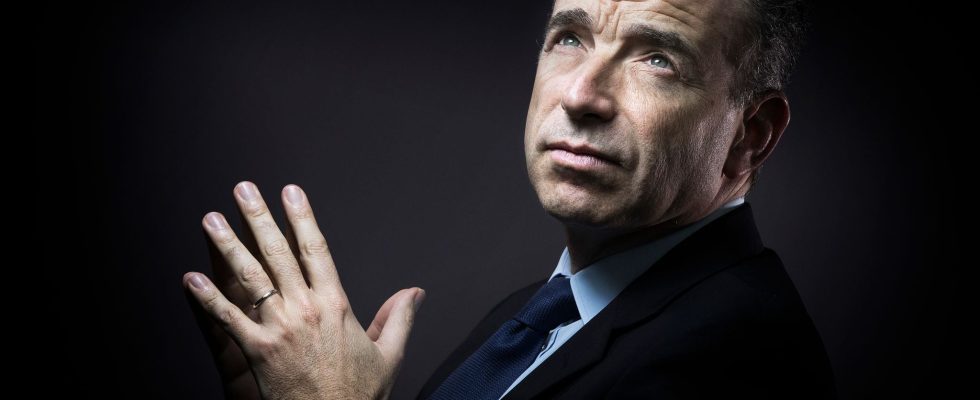In Meaux, a terrible tragedy took place on Christmas Eve. A man murdered his wife and four children in cold blood in just a few minutes in his home. In 2019, the same individual had already violently threatened his partner but was recognized as irresponsible by the psychiatrists who examined him. Justice therefore dismissed the case without further action.
When a tragedy of this nature occurs, we often have the bizarre reflex of feeling almost reassured when we learn that it is a psychiatric patient. As if the horror could then seem very far from us and therefore less painful to hear. Same phenomenon when a terrorist attack takes place. If the author, the famous “lone wolf” is a “madman”, the terrorist threat is minimized. But we are not maximizing the psychiatric threat, even though it is just as worrying.
I fear that once the emotion has subsided, we will continue to ignore this major subject which threatens the cohesion of our society.
Because it must be admitted, our news channels in recent days have preferred to be passionate about Depardieu without nuance. So we think of something else and we forget. We are very wrong. Mental illness, I keep repeating, is wreaking havoc in France. The isolation linked to the health crisis, the crazy and sometimes mixed overconsumption of alcohol, medications and narcotics, and addiction to social networks explain the terrifying increase in the number of these acts.
At the same time, the psychiatric sector has never been so suffering in our country. Shortage of doctors, structural decline in staff and hospital beds despite the government plan initiated in 2018: the situation is catastrophic. Care is insufficient and many of these patients, although dangerous, are abandoned to their own devices without being able to properly monitor compliance with care obligations. Entire families are thus threatened on a daily basis in a deafening silence. For the mayor that I am, but also for the social, medical and judicial services, it is a feeling of total failure and absolute helplessness. How many more tragedies will we have to experience for this subject to finally be declared a national cause?
For a new psychiatry plan
Worse still, it is impossible for public and associative actors to intervene on the ground in good conditions. Everyone works in their own lane without coordination, without sharing information and without a leader. In these conditions, how can we prevent and anticipate serious risks of recurrence? How can we protect spouses and their families from this type of violence? And upstream, how can we involve our fellow citizens in necessary preventive behavior?
Let’s start by looking at what’s best elsewhere. For example, I was told that in Quebec the teaching of these subjects in criminology is an academic subject in its own right. Let’s work on things more in depth, like what we have been doing against cancer for twenty years.
Then, let’s imagine a new psychiatry plan, inspired by the one initiated in 2018, but more powerful in its implementation. Let us study in particular the program proposed by the “Printemps de la psychiatrie” teams, which recall “the importance of basic care and long-term care (psychotherapy, activity and therapeutic support) and not just a prescription for medication”. With multidisciplinary teams who do not hesitate to share their knowledge with other civil society actors in charge of these subjects. Perhaps we will then be able to calmly redefine with doctors the contours of medical confidentiality, which is eminently respectable, but which must be made compatible with the action of other stakeholders.
Finally, let us accept the idea of better coordinating the intervention of the various actors in the field, both to support and relay the medical teams in charge of patients with psychiatric disorders, but also to protect their loved ones from any risk of deviation and recidivism. They often feel so alone, like this young woman who did not want to speak. And who hoped until the end that she could contain him.
Jean-François Copé, former minister, mayor (LR) of Meaux
.
